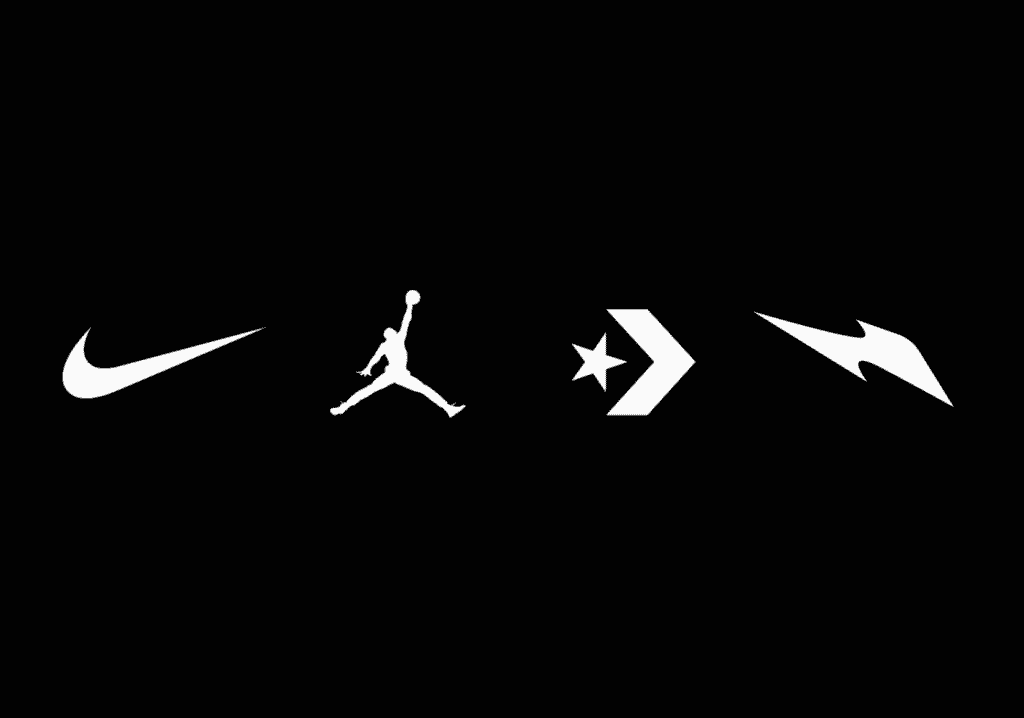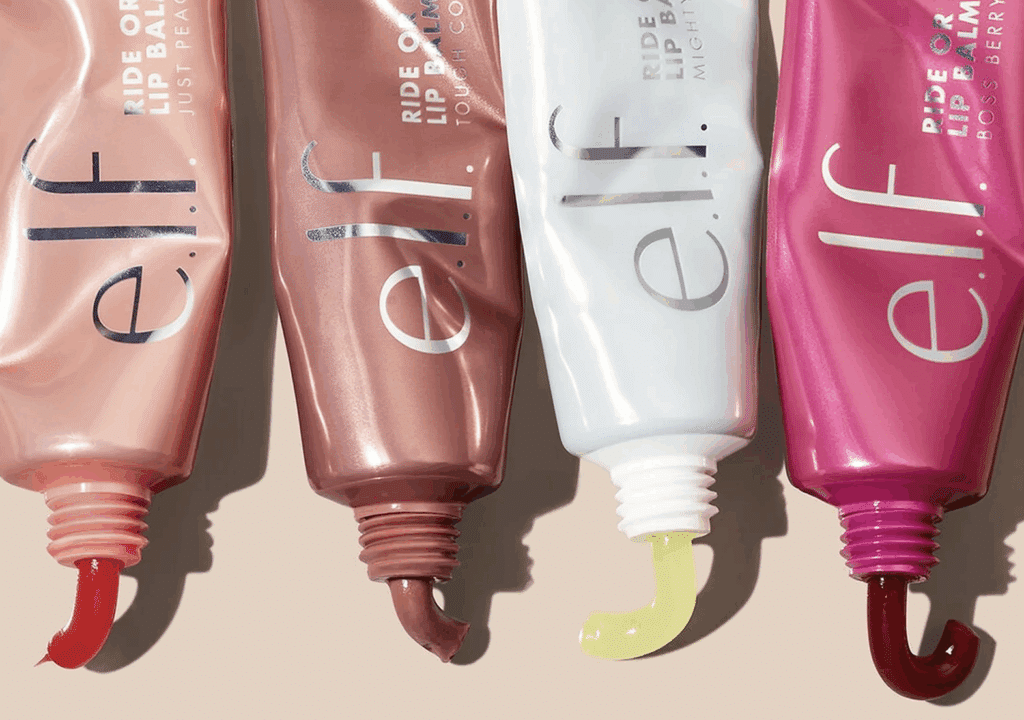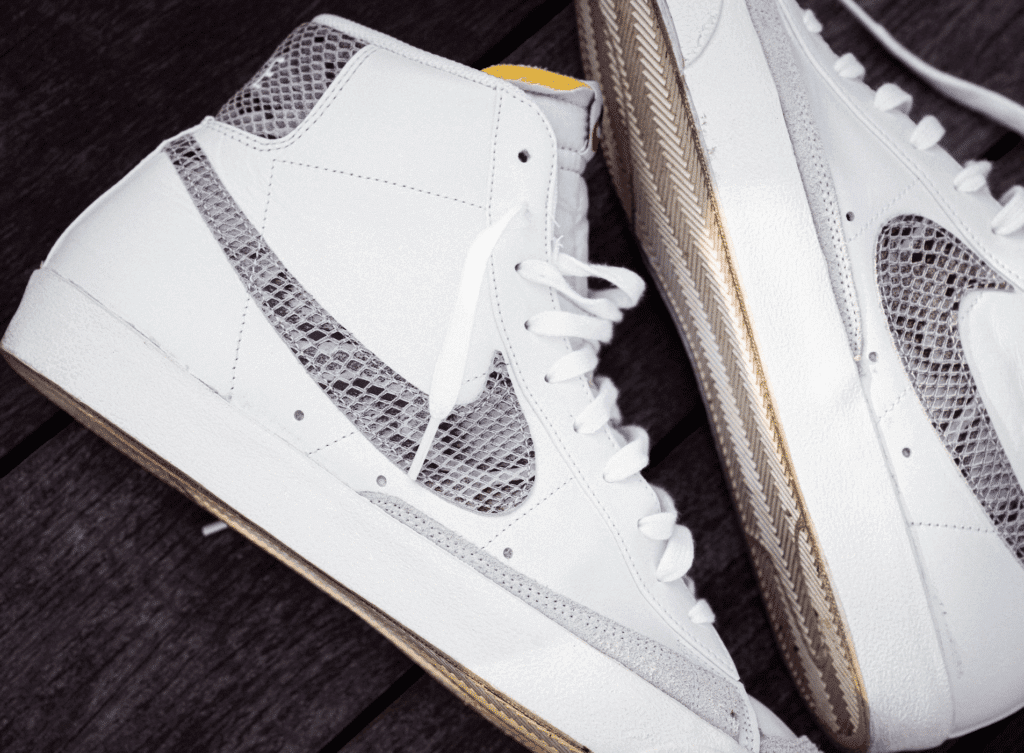As the customized sneaker market has continued to expand (both in the breadth of its operations and popularity among consumers), the recent growth continues to catch the eye of Nike, which is taking increasingly aggressive steps to protect its brand via legal actions filed alongside the allegedly unlawful bootleg swell. Nike – in attempts to put a stop to what it describes in a new lawsuit as an “illicit Nike empire” – has targeted multiple companies and notable figures in the relatively recent past, and as it has shown this week, there is no sign of the company slowing the flow of its customizations-centric litigation.
In the newest lawsuit lodged by Nike, the Beaverton, Oregon-based sportswear giant is taking on the Shoe Surgeon and its founder Dominic Ciambrone, along and with a number of other defendants (the “defendants”), which it accuses of constructing “a multifaceted retail empire built around the unauthorized use of [its] trademark rights and the associated goodwill that [it has] spent decades accruing.” Nike asserts in the complaint, which it filed this week in the U.S. District Court for the Southern District of New York, that the case is not about one-of-a-kind customizations – some of which Nike has been a partner to in the past. Instead, Nike takes issue with the defendants’ “egregious display of widespread infringement that has even crossed into willful counterfeiting of iconic Nike products.”
Specifically, Nike claims that the Shoe Surgeon’s business is built around customized footwear, which the defendants either create “from scratch” or by “modify[ing] and offer[ing] for sale large quantities of [otherwise authentic] Nike-branded products.” Additionally, the defendants enter into “Nike-focused collaborations with other rights holders using Nike’s intellectual property, [and] ink digital rights agreements based on Nike trademarks,” Nike maintains.
“To make matters worse,” Nike argues that the defendants “are engaging in all of this behavior while falsely leading consumers to believe that Nike is affiliated with their businesses or has otherwise authorized their conduct.” In reality, Nike states that it “has not authorized any of [the] complained-of conduct, and this conduct – coupled with the false air of credibility the defendants are intentionally creating – is likely to cause and is already causing confusion in the marketplace that the parties are associated, when they are not.”

Although Ciambrone has partnered with Nike in the past to make one-off custom footwear for athletes and others, Nike contends that he has made additional uses of Nike’s trademarks that run afoul of the law, which is particularly problematic since he “cease[d] operating as a bespoke, one-of-one shoe customizer [in order] to build a business around Nike’s brand and shoes” – complete with a team of 40 employees and retail outposts in New York and Los Angeles.
Nike’s concerns extend beyond the unauthorized use of its trademarks and trade dress by the defendants; it also takes issue with the fact that the Shoe Surgeon offers classes that teach others how to create “customizations” of their own. The defendants “advertise and sell ‘shoe-making’ kits that contain materials and instructions to make bootleg versions of Nike’s iconic Air Jordan 1, Air Force 1, Air Jordan 3, and Air Jordan 4 silhouettes,” the complaint states, alleging that the Shoe Surgeon offers “a course in ‘Nike counterfeiting 101’” where consumers pay between $3,000 and $5,000 to learn how to manufacture shoes that are “substantially indistinguishable” from Nike’s products.
Another point of contention for Nike is the Shoe Surgeon’s alleged efforts to “mimic Nike’s authorized and limited-edition collaborations to further create confusion over Nike’s affiliation and sponsorship.” For instance, Nike specifically points to Dior x Air Jordan 1s and Tiffany-themed customizations available for commission courtesy of the defendants, which it claims mirror its own authorized collaborations with the aforementioned brands.
TLDR: “By applying unauthorized ‘customizations’ to Nike’s shoes, insinuating collaborations that do not exist, and applying colorways and materials that have not passed Nike’s quality and design standards, the defendants have and will continue to cause substantial harm to Nike’s brand and hard-earned reputation.”
Attempts to settle their issues out of court have been unsuccessful, Nike claims, arguing that it “has tried on multiple occasions to resolve the defendants’ intellectual property violations outside of the litigation context.” However, while the defendants “appeared at times to comply with Nike’s cease and desist demands,” Nike maintains that “in actuality, the defendants were playing a shell game, removing infringing shoes from their website only to continue selling them at a later date or through alternate sales channels.”

With the foregoing in mind, Nike alleges multiple violations of 15 U.S.C. 114, including direct trademark infringement; direct counterfeiting; contributory trademark infringement; unfair competition and false designation of origin; as well as violations of common and state law. In addition to monetary damages, including an award of three times the amount of compensatory damages and increased profits under 15 U.S.C. 114; among other remedies, Nike is seeking a court order enjoining the defendants from using its marks in the future and from offering the infringing customization classes and workshops. Nike has also asked the court to require the defendants to “offer up for destruction” all of the counterfeit footwear products at issue.
The Bigger Picture: Nike’s new lawsuit against the Shoe Surgeon is just one part of a broader effort by the company to combat the rising tide of unauthorized customizations and/or counterfeit products that the company and others like it say threaten their brand integrity and market control. This lawsuit follows from a series of similar legal battles initiated by Nike that seek to crackdown on the larger economy of bootlegs and so-called “customizations.” For instance,Nike filed a since-settled trademark lawsuit against Drip Creationz in which it highlighted how customizers deconstruct and materially alter authentic Nike shoes, thereby, transforming otherwise authentic Nike products into unauthorized infringements of its famous trademarks that serve to mislead consumers.
In its 2021 complaint against Drip Creationz, Nike alleged that the infringing footwear contained “images, materials, stitching, and/or colorways that are not and have never been approved, authorized, or offered by Nike,” further emphasizing how such customization efforts interfere with its ability to control the message and quality of goods that are released into the market bearing its trademarks.
The case at hand comes amid other similar efforts by Nike to combat unauthorized uses of its marks on “customized” footwear, including the short-lived lawsuit that it waged against MSCHF over the art collective’s controversial Jesus and Satan sneakers, which underscored the growing threat of unlawful infringement and dilution by third parties leveraging Nike’s brand value, as well as cases it filed against John Geiger and former Nike employee Jeffrey Waskowiak and his company KickRich LLC.
Nike’s underlying aim in such legal pursuits (as the company stated in connection the Drip Creationz case): “The more unauthorized ‘customizations’ get manufactured and sold, the harder it becomes for consumers to identify authorized collaborations and authentic products; eventually no one will know which products Nike has approved and which it has not.”
In addition to Nike, other brands are also actively pursuing legal action against an onslaught of unauthorized customizers and upcyclers, as well. Goyard’s recent lawsuit against the Shoe Surgeon for using its trademark-protected canvas without authorization illustrates this common concern among luxury brands. Goyard argues that the use of its canvas, even if it was sourced from originally-authentic Goyard products, was not authorized, and thus, constitutes trademark infringement and counterfeiting.
Not alone, Chanel, Louis Vuitton, Rolex, and other brands in the luxury segment have also taken similar action to target parties in the business of offering up “customized” and/or “upcycled” products, highlighting the enduring clash between brand owners and those making unauthorized uses of their marks.
The case is Nike, Inc. v. S2, Inc. d/b/a The Shoe Surgeon, et al., 1:24-cv-05307 (SDNY)














